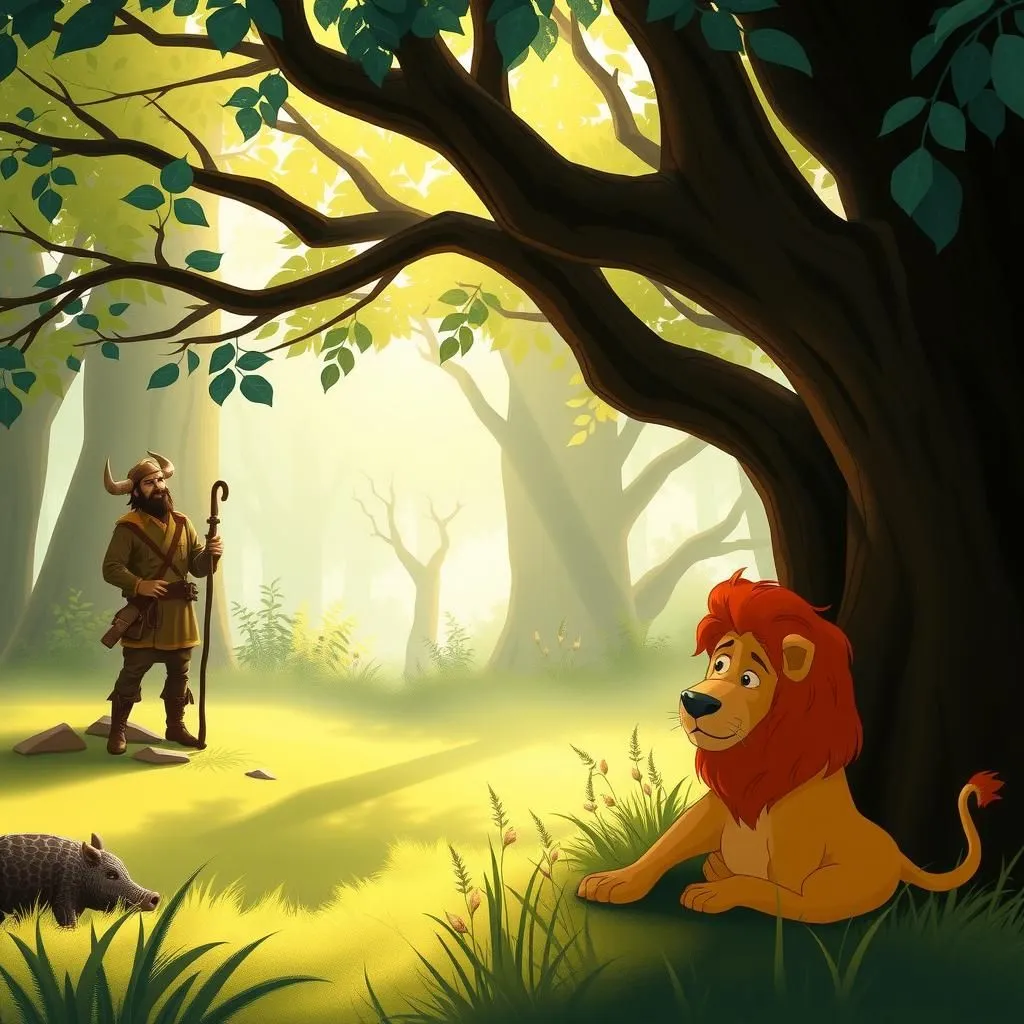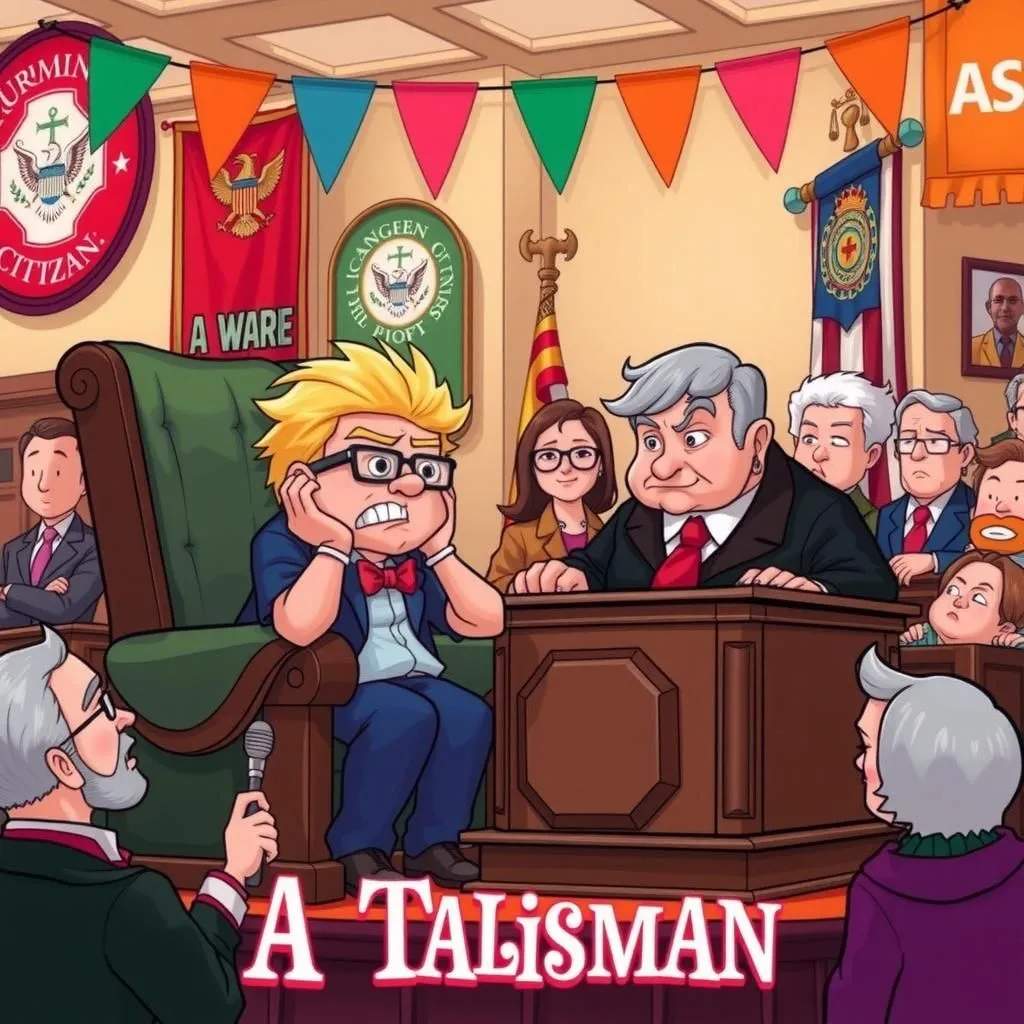
The Thief and the Honest Man
In the wisdom-packed moral story "The Thief and the Honest Man," a thief sues his accomplices for his share of stolen goods from an Honest Man, who cleverly evades the trial by claiming he is merely an agent for other honest individuals. When served with a subpoena, the Honest Man amusingly distracts himself by pretending to pick his own pockets, illustrating the lessons learned from stories about accountability and cleverness in the face of adversity. This short story with a moral leaves readers pondering the complexities of honesty and complicity in wrongdoing.


